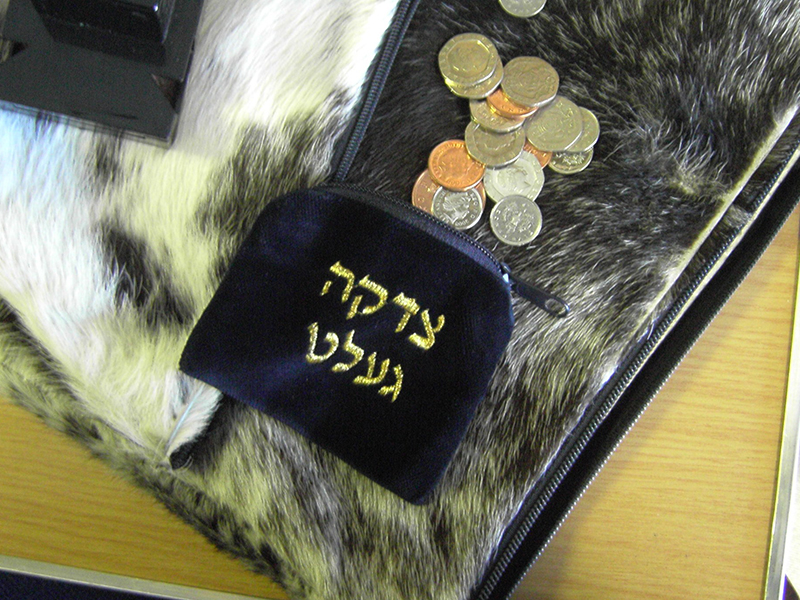In Parashat Emor, ha-Shem commands the Jewish people to leave a corner of their fields unharvested so that poor people can come and collect food for themselves and their families. While the Torah could have simply required the B’nai Yisra’el to give a certain percentage of what they grow to the poor, ha-Shem specifically tells them to leave the crops for the poor to collect.
The reason for this particular directive is because, naturally, one may be embarrassed or reluctant when it comes to receiving charity.
There is a certain satisfaction that comes with being able to support oneself. If one finds him or herself struggling to provide life’s necessities, it may be awkward or degrading for such a person to ask to receive charity.
By leaving the food for the poor out in the fields, people in need would be able to come and take what they need without anyone seeing. They could even come in the middle of the night if they were especially nervous to be seen in this situation.
Nowadays, though most Jews do not own a farm or fields, we still have the opportunity to perform this mitzvah.
This verse from Parsahat Emor teaches the lesson that, when giving charity, we should aim to give it in a way that is not embarrassing for the recipient. For example, if you are giving food to a family in need for Shabbat, dropping the meals at their door may be more comfortable for them than receiving the meals directly from your hands.
Trying to be conscious of everyone’s feelings, even in times when your intentions are pure, is ultimately how to bring the Jewish people closer together.
Shabbat shalom.
